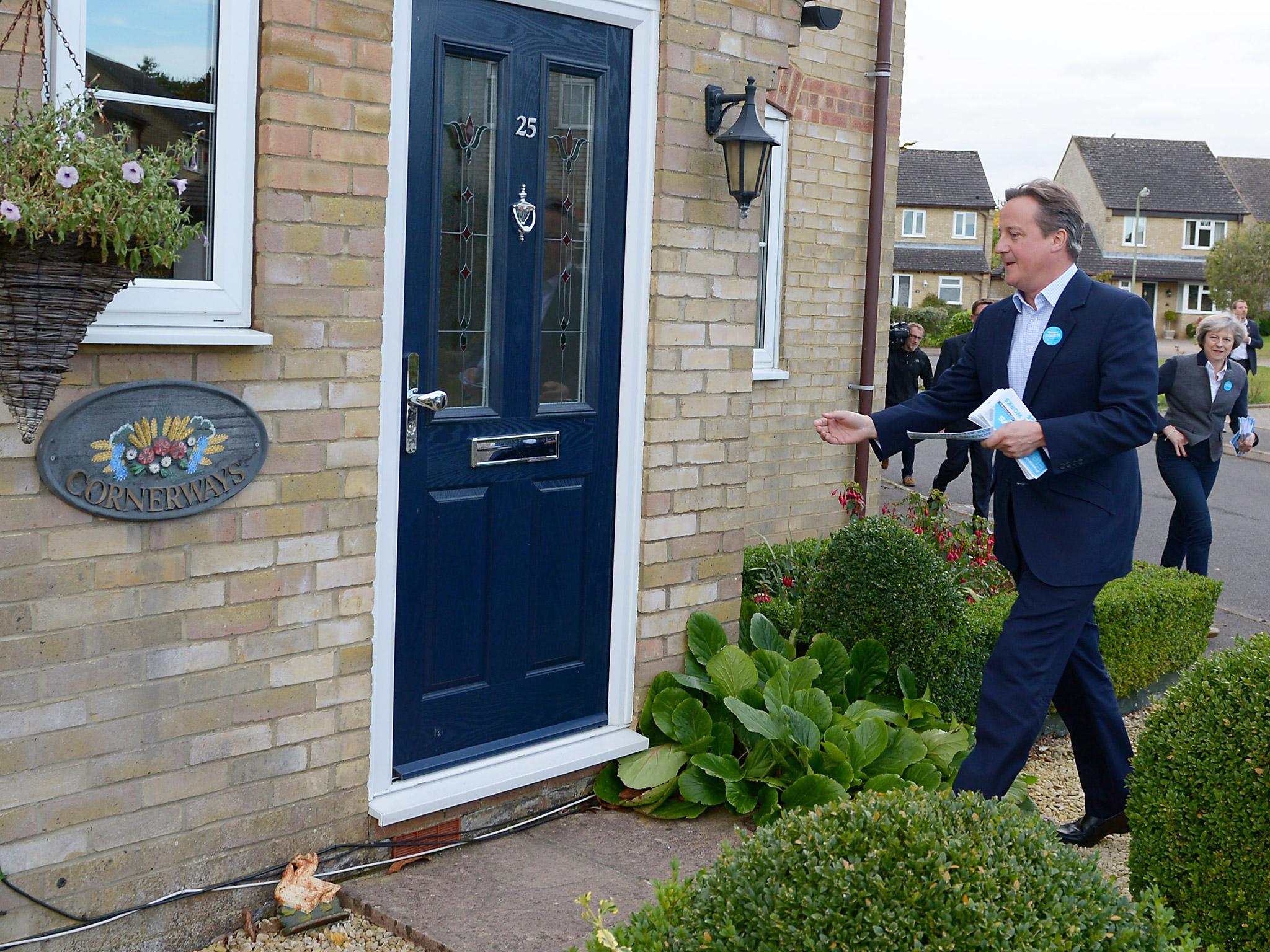David Cameron's income tax law promise was ‘made up on the hoof’, adviser claims
‘Sometimes when a vacuum is there, it makes the Government do some stupid things,’ says Ameet Gill

Your support helps us to tell the story
From reproductive rights to climate change to Big Tech, The Independent is on the ground when the story is developing. Whether it's investigating the financials of Elon Musk's pro-Trump PAC or producing our latest documentary, 'The A Word', which shines a light on the American women fighting for reproductive rights, we know how important it is to parse out the facts from the messaging.
At such a critical moment in US history, we need reporters on the ground. Your donation allows us to keep sending journalists to speak to both sides of the story.
The Independent is trusted by Americans across the entire political spectrum. And unlike many other quality news outlets, we choose not to lock Americans out of our reporting and analysis with paywalls. We believe quality journalism should be available to everyone, paid for by those who can afford it.
Your support makes all the difference.David Cameron's general election pledge to ban any increases of income tax until 2020 was concieved “on the hoof”, according to one of his advisers.
Ameet Gill, who was responsible for event planning at No 10, described the five-year “tax lock” as “probably the dumbest economic policy” possible.
He said it was introduced because they needed a policy to announce to fill a gap in the campaign schedule, known as “the grid”.
Mr Gill told Radio 4’s Week in Westminster programme: “Towards the end of the general election campaign in 2015, we did the five-year tax lock. It’s when we committed to put in legislation that we would not increase taxes.
“It was probably the dumbest economic policy that anyone could make, but we kind of cooked it up on the hoof a couple of days before, because we had a hole in the grid and we needed to fill it.”
He added: “Sometimes when a vacuum is there, it makes the Government do some stupid things.
“When I was in Government, we made some announcements on the hoof just to fill that vacuum."
After the election, the tax lock was passed into law and can only be overturned by a vote of Parliament. The lock also covers VAT and national insurance.
Mr Cameron stepped down as Prime Minister on 13 July and as MP for Witney in Gloucestershire on 12 September.
The Conservatives retained the seat in the by-election on 20 October with Robert Courts succeeding the former Tory leader.
Join our commenting forum
Join thought-provoking conversations, follow other Independent readers and see their replies
Comments